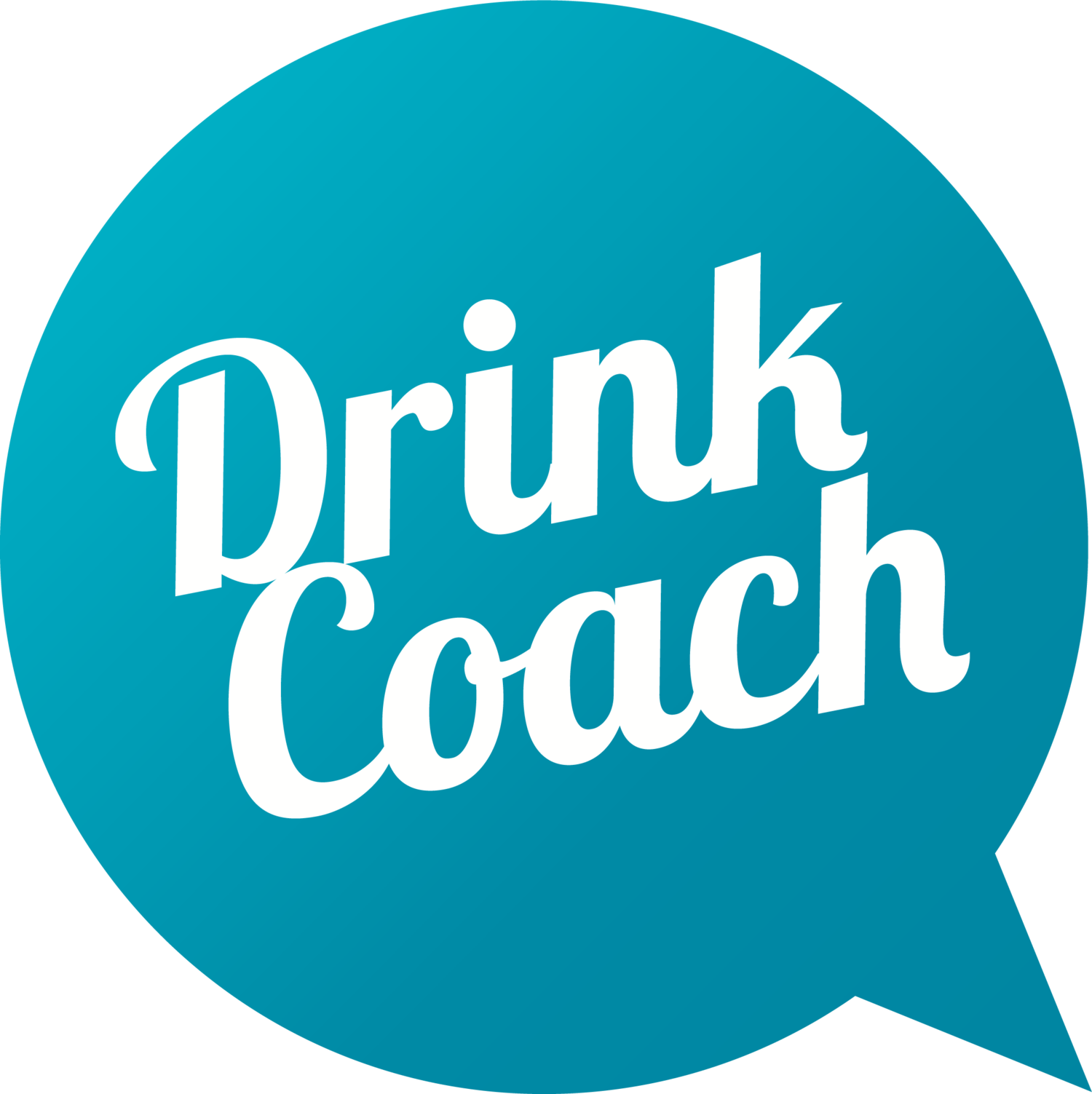A Coach on your Couch - A blog by Tony Rao
Older People also benefit from online support for drinking problems
It can feel like a big ask to talk about our drinking when you have problems with it. It’s not just the travelling, but the prospect of the trust we put in that listening ear and the reaction to what we say when we finally get there.
But there are other barriers. There’s the time pressure, which can feel like you’re on a conveyer belt and clock watching can make you clam up. You may also feel so overwhelmed by the whole experience, you can’t think clearly and can’t get across what you want to say That’s where the internet can help. You’re in a familiar environment. You can remain anonymous. You have time to think about what you want to do about your drinking.
Older people are using the internet a lot more these days – whether that’s using it to connect with family and friends or to be part of online communities.
We also know that more people have used the internet over the past few years to get help with their drinking. This has mostly focused on younger populations, especially university students. But older people are still less likely to use the internet compared to younger populations.
Online alcohol screening and intervention can certainly help people to change their drinking behaviour. This shows promise to increase screening and provide access to interventions for older adults at times that suit them, knowing also that they can go back to access this help whenever they want.
It may not surprise you to know that that not much research has been done in this area
The largest one studied over 94,000 people who had accessed online support for drinking problems.
1 in 5 were between the age of 50 and 65.
Even more striking was that just under 80% of those aged 50–65 and 85% of those in the 66–80 age group reported unhealthy drinking.
We should perhaps take comfort from its other findings.
When the researchers looked at all age groups, they found that older participants were more likely to have a plan for change. This group were also more likely to want to find ways to cut back or stop drinking, in spite of showing lower rating of items such as “what’s not good about drinking” and the importance of changing drinking habits.
Yet they were still the age group who were most confident in wanting to change their drinking habits and reported the fewest barriers to change drinking patterns.
In other words, being better informed about the risks of drinking at an unhealthy level, older people were more likely to want to change their alcohol intake than younger people.
And there’s more.
Unpublished data from Humankind found that 1 in 6 people who had accessed their online coaching programme (DrinkCoach) were between the ages of 55 and 74.
This matches exactly the population of “baby boomers” at highest risk for rising rates of alcohol misuse and one that will continue to benefit from online interventions.
Whatever your age, it is never too late to change.
In fact, older people can do as well, if not better than younger people, to reduce harm from unhealthy drinking. Online interventions that are tailored to individual needs offers a beacon of hope.
In 2020, it is time to sweep away the myths about older people and alcohol. Let’s hope that couch surfing can turn into couch coaching for older people who can make real changes to their lives. After all, it’s never too late to change and the digital age is here to help.

